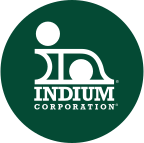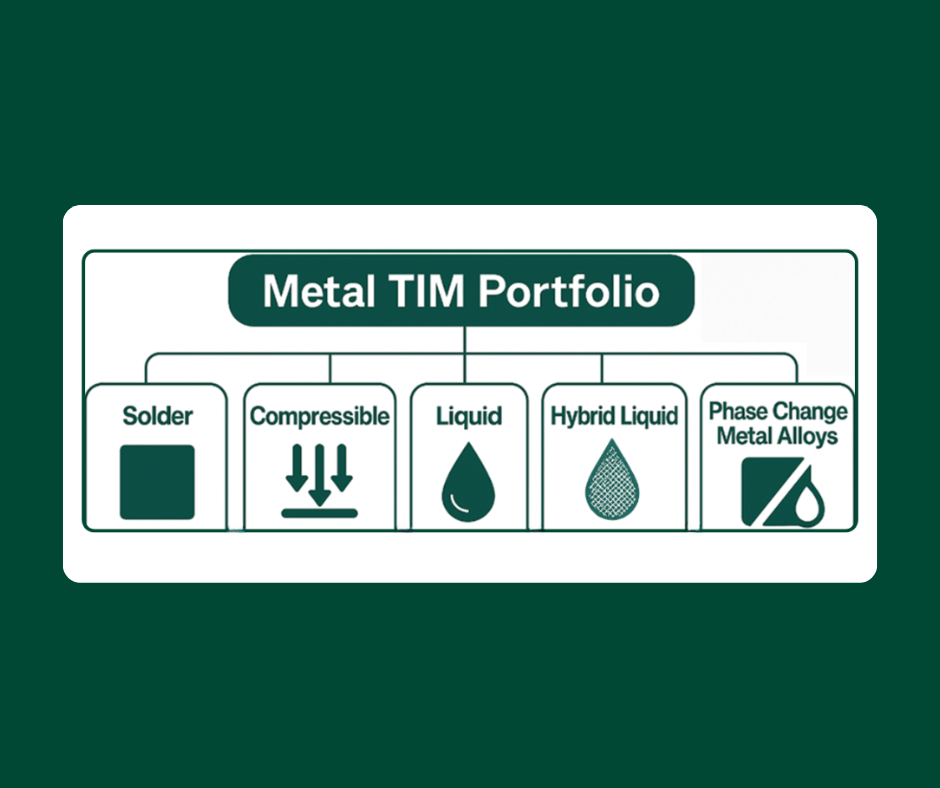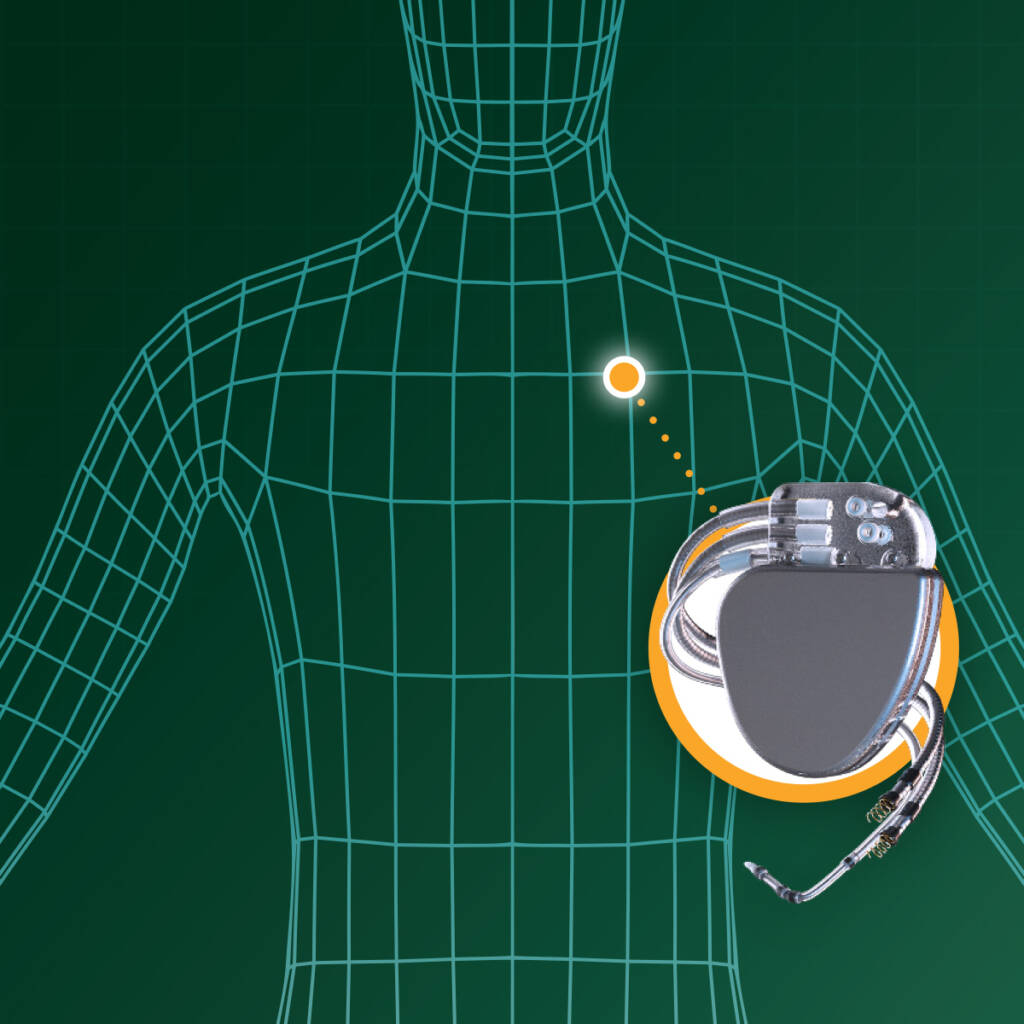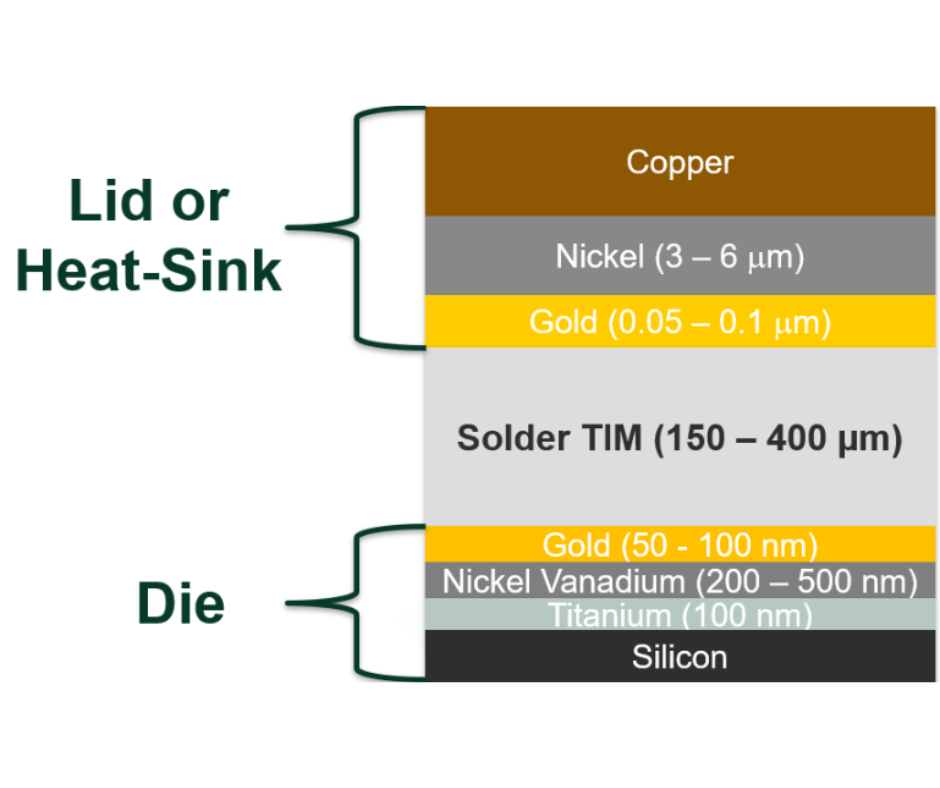Folks,
We hear, on a regular basis, that the PC is dead or dying and will be replaced by the tablet. More recently, there is news that the tablet is starting to fade and even, most recently, that the smartphone is on the wane.
What is the truth? Many articles skirt around the issues, but few discuss them in detail. I believe that the driving forces behind the slowdown in sales of all of these electronic marvels can be understood by five factors:
- Memory Constants
- The asymptotic improvement of features
- Feature fatigue
- Device changeover hassle
- Cost
Let’s discuss them one at a time.
Figure 1. According to Some, Tablets are Replacing PCs
Memory Constants
My family purchased our first computer in 1986, an IBM PC XT. It was one of the early PCs that even had a hard drive. We opted for the biggest hard drive available, 20MB. The PC also had 512 KB of RAM. The Lenovo X230 PC that I am writing this post on has a 250GB solid state hard drive and 18GB of RAM, over 10,000 times as much of both types of memory as the XT. By 1989, the XT could not run the latest software, especially games like Where in the World is Carmen Sandiego? It didn’t have enough memory, so my kids were protesting. As a result, our family upgraded about every three years as games, operating systems, and office software demanded it. However, this trend has slowed dramatically. One of the reasons for this is what I call Memory Constants. One Memory Constant is that a photo is about 1 to 2MB of memory, as is a book. A song is about 5 MB. A movie is about 5,000MB or maybe as much as 15,000MB in high definition. Certainly a photo can be more than 2MB, but most of us shoot photos with a smartphone and these excellent photos are in this memory range. My 1986 PC XT could only store 10 photos or books and only 4 songs; my current PC, 10s of thousands of photos, books, or songs. With video streaming, very few people store movies on their PCs or tablets. So, with the tremendous amount of memory that PCs and tablets have, and with the advent of low cost USB memory sticks and external hard drives, upgrading a PC or tablet for lack of memory is uncommon.
The Asymptotic Improvement of Features
In 2005, I went to a blogging workshop with my good friend, Rick Short. At the workshop, Rick took a few photos with his smartphone. The photos were of so poor quality as to be unusable. Today, smartphone photos are of such good quality that many people have retired their cameras. Almost all features on PCs, smartphones, and tablets have asymptotically approached an excellent level of performance, such that a newer version just doesn’t have a striking benefit. In addition to a slightly better camera, the latest smartphone screens are a little sharper, but hardly enough better to justify getting a new unit. Admittedly, some new features, like Amazon’s 3D Mobile Phone might tempt someone to take the plunge. But, with so many features already on devices, additional new features just aren’t as compelling.
Feature Fatigue
Most of our devices have so many features that a new device isn’t as compelling as it was when smartphones, for example, did not have cameras or could not readily access the internet. In addition, many new features are added by software upgrades to an old unit. Combining this with the fact that people are increasingly reluctant to learn the myriad new command and sequence nuances for all the software on their devices and we have a general reluctance to upgrade. Of course, there will always be those that want the latest features, but they are becoming more and more like statistical outliers. So feature fatigue can limit sales of new units.
Device Changeover Hassle
It is a big deal to changeover a PC, smartphone, or tablet to a new one. It’s a lot of work, and if you are switching from say an iPhone to an Android, with unfamiliar software, it is a real hassle.
Cost
Many people now own a PC, smartphone, tablet, and e-reader. Not too many years ago it was just a PC and a mobile phone. Considering cost alone, it would be unreasonable to expect many people to constantly upgrade three or four devices.
Summary
To me, some of the headlines are almost comical, such as “The PC is Dying.” All of the personal electronic marvels that we depend on are alive and well; we are just starting to keep all of them a lot longer. One other thing to note: the PC and the tablet do not compete as much as a large smartphone competes with a tablet.
Cheers,
Dr. Ron




